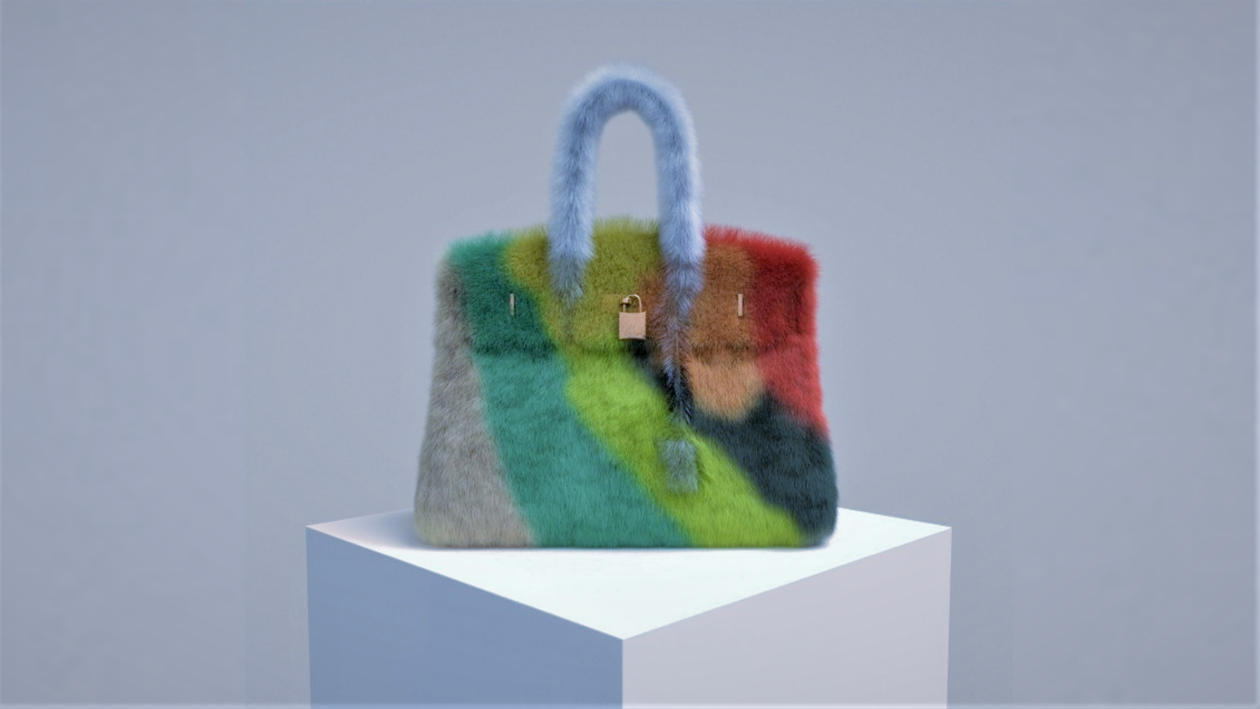A jury on Wednesday sided with luxury fashion house Hermès International in a lawsuit against digital artist Mason Rothschild, concluding that Rothschild’s MetaBirkins NFTs did not constitute free artistic expression and that they violated Hermès’ Birkin trademark.
See related article: Yuga Labs says it won first Bored Ape trademark lawsuit against RR/BAYC project
Fast facts
- Rothschild sold his 100 MetaBirkin NFTs in late 2021 for over US$1 million. The digital images depicted Hermès’ iconic Birkin luxury handbags covered in colorful, cartoonish fur.
- The case represented one of the first high-profile cases to examine how NFTs should be viewed through intellectual property law and could determine future NFT-related cases.
- The nine-person jury ruled that Rothschild’s NFTs were more akin to consumer products than art and were not protected speech under the First Amendment.
- A key issue argued in the case had been whether consumers were confused about the origin of the NFTs, with trademark laws protecting brands from copycats looking to capitalize on their goodwill.
- While Hermès does not yet sell its own NFTs, executives said in the case that they are developing plans to enter the space and that the MetaBirkins undercut the impact. Hermès was awarded US$133,000 in total damages for charges of trademark infringement, dilution, and cybersquatting.
- Rothschild took to Twitter to lambast the decision, calling Hermès “a multibillion-dollar luxury fashion house who says they ‘care’ about art and artists but feel they have the right to choose what art IS and who IS an artist.”
- “What happened today will continue to happen if we don’t continue to fight,” said Rothschild, adding that “this is far from over.”
See related article: New Bitcoin protocol may shake up the NFT market

